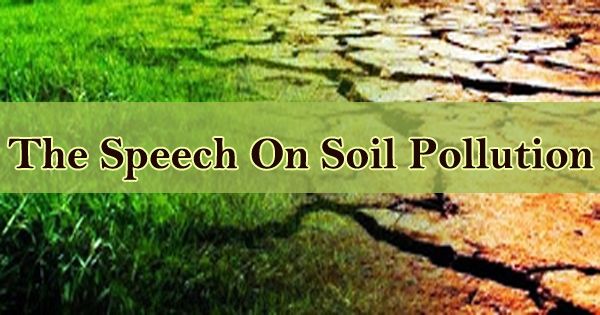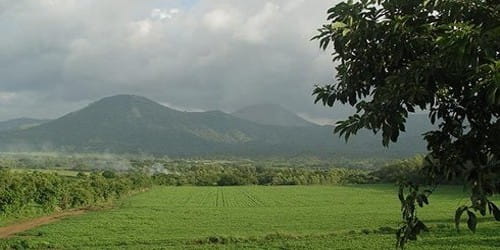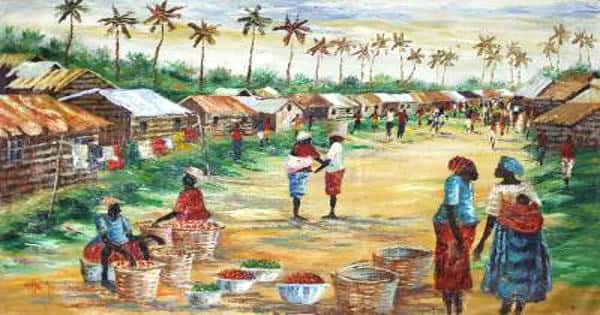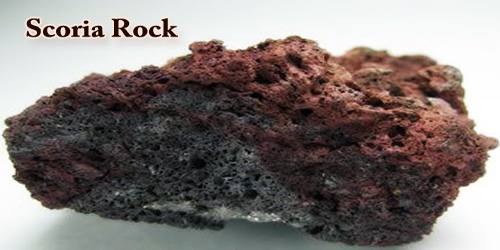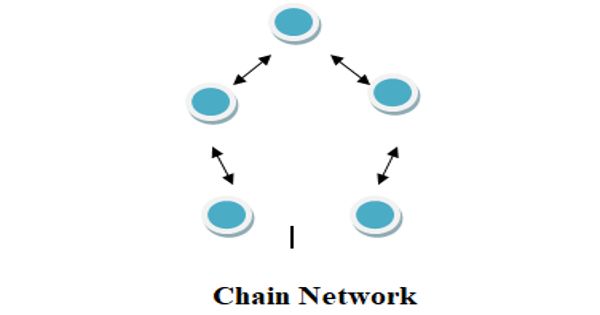A very Good Morning/Afternoon/Evening to Honorable Principal Sir/Madam, respected teachers, seniors, and my dear friends, Warm Greetings to Everyone!
Thank you all for taking out time and being present at this seminar session.
Soil pollution is one of the greatest and most prevalent issues that people face today. Soil or land pollution can be defined as changes in the soil’s physical, chemical, and biological conditions through the intervention/misuse of soil by man and thus resulting in soil quantity and productivity degradation. Soil pollution has been one of the greatest environmental problems the whole planet is seeking to solve for years. It is extremely harmful because it not only affects the livestock of the land and water; it also hampers people’s lives.
Some of how the soil gets dirtied is drainage through a landfill, strong waste leakage, the release of mechanical waste, underground stockpiling tanks getting burst, synthetic substances like oil, pesticides, substantial metals, solvents, and hydrocarbons, and so on Nonetheless, nature of the soil is debasing step by step and the blending of hurtful non-natural and natural components is the greatest reason for such corruption. The soil is considered contaminated when crops, plants, or grasses stop growing. Such land is worthless for farmers, and it impacts the country’s economy when farming ceases. It also pollutes not only land but freshwater and the local marine environment.
In the form of overburdens, tailings, and slimes, mineral processing is often correlated with the generation of solid waste. Areas are typically soiled by metals around smelting and mining complexes. Mining results in soil erosion, fertile land degradation, and soil contamination as well. Although the main reasons for such contamination are the growth of industries, agriculture and urbanization should also be kept responsible for soil pollution. The soil pollutants also disturb the stability of the ecosystems as these pollutants have damaging consequences at the plants developing in the polluted soil. Different sports like leaching of wastes from landfills usually have loads of chemical compounds involved, and these make the soil excessively porous, which sooner or later reasons the pollution of the underground waterbed.
Industries have been active for years in dumping waste items such as metals, chemicals, plastics, etc. Not only do these practices kill the fertility and nutrients of the soil, they also leave the land and soil worthless. Radioactive waste from hospitals, laboratories, nuclear plants, etc., has the potential to go very far into the soil and has long-lasting consequences. Soil pollution is risky to animals’ people’s, birds’, and bugs’ fitness. At the same time as toxins and polluted substances emerged within the soil is instead difficult to separate; appropriate methods and measures have to be carried out to keep the soil surroundings.
Therefore, in order to achieve both environmental and economic benefits, our goal must be to reduce soil emissions from the earth very entirely. Sustainable agricultural management methods may be modified to emphasize such factors, such as the burning of waste in closed chambers and the fair use of organic manure. Soil contamination also results in air pollution, distributing harmful dust components in the air that, when breathed by living beings, cause different health problems.
At the same time as accountable steps have to be taken by means of each and every person to prevent soil pollutants; using green products and prohibiting the use of plastic and polythene luggage is the most crucial step required to be taken via people. The use of bio-degradable luggage including jute, cloth, and many others could assist in curbing the use of plastics. Most significantly, among people, knowledge must be established. It is important to teach them that soil contamination is hazardous and has such troubling effects not only on humans but also on the entire environment. The quality of crops on which the entire balance depends is affected.
It has also been proposed that sustainable waste management be introduced to prevent the soil from being contaminated. People living in rural areas need to be made aware of the issues that may arise as a result of improper disposal of excreta. It not only causes the population of the soil but also causes water contamination and assists in the reproduction of deadly diseases. In order to educate people about the benefits of such processes, public knowledge is the primary step that must be taken. I appeal to each of you today, although this speech, to be aware, sensible, and considerate to our world and to behave responsibly.
Hope you all have a great time.
Thank you all.
